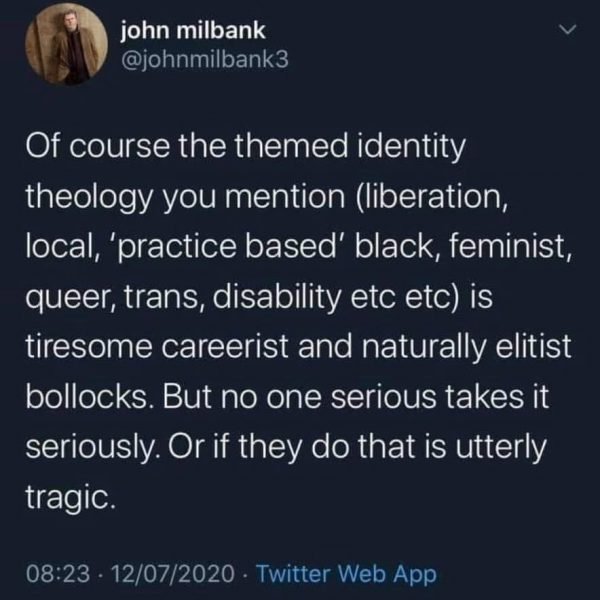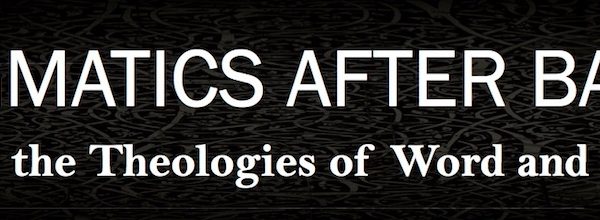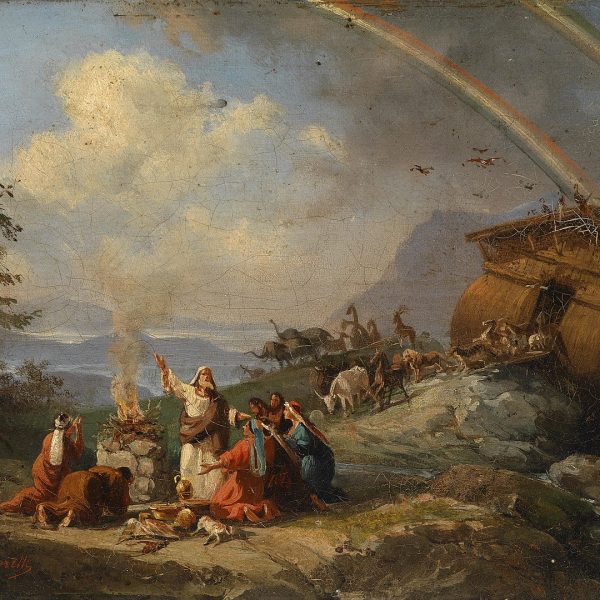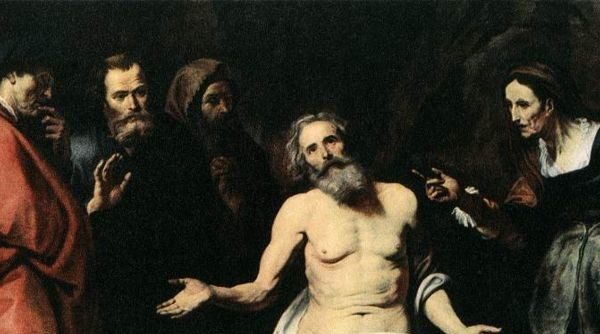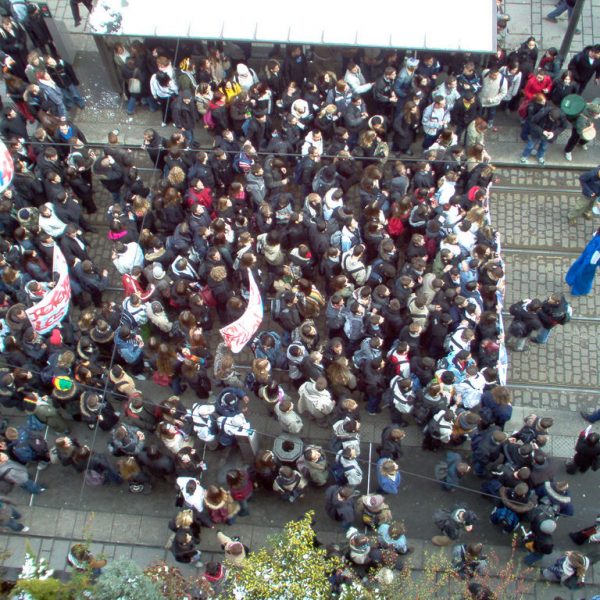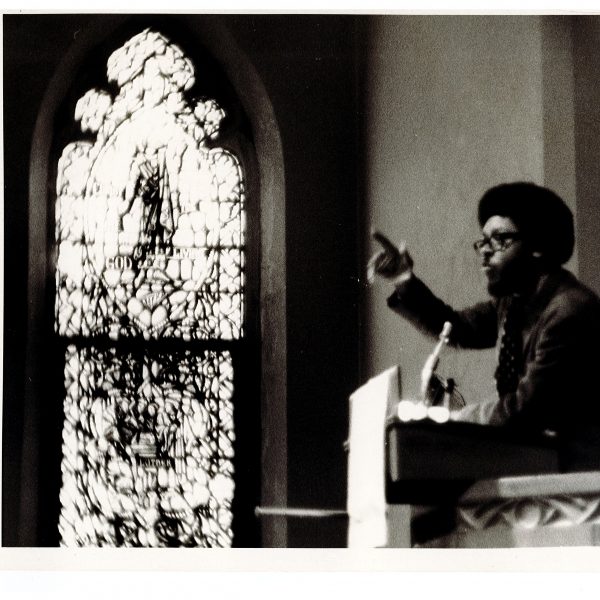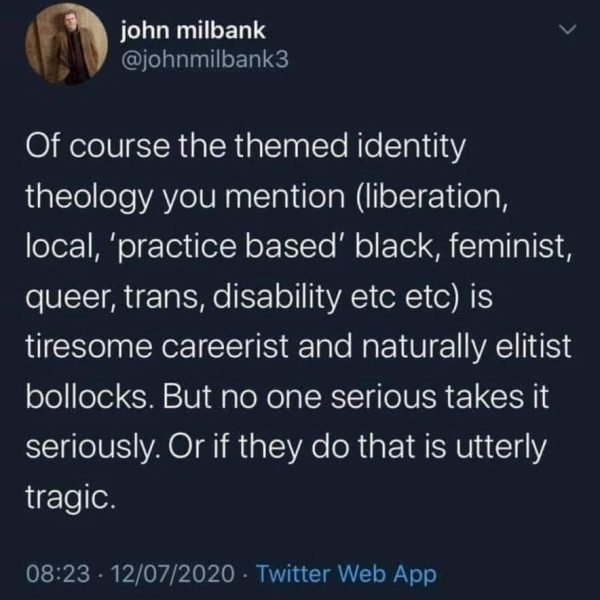
To forego a hermeneutic of charity risks abandoning a central part of the gospel, just as a lack of concern about standing in solidarity with the voiceless, the poor, and the marginalized would do.

When Dalits write, they contest these misrepresentations and objectifications, and provide a sub-version of the texts. When Dalits write, they experience liberation. A decolonial reading of this given text calls us to offer our support and solidarity with #Blacklivesmatter and #Dalitlivesmatter, recognising an agency of liberation in our Dalit and Black bodies, lives, and texts.

…I see my list on political theology functioning like Wittgenstein’s ladder metaphor in his Tractatus. Once graduate students read and grasp these important texts, they should “throw away the ladder”, so to speak, and deconstruct all they have learned about political theology to illuminate contemporary problems on their own. Once they reach the top, they can throw away the ladder.

My point is that in addition to being annoyingly Eurocentric, the discourse of political theology focuses more on administrators and theorists of the modern State than the victims of State.
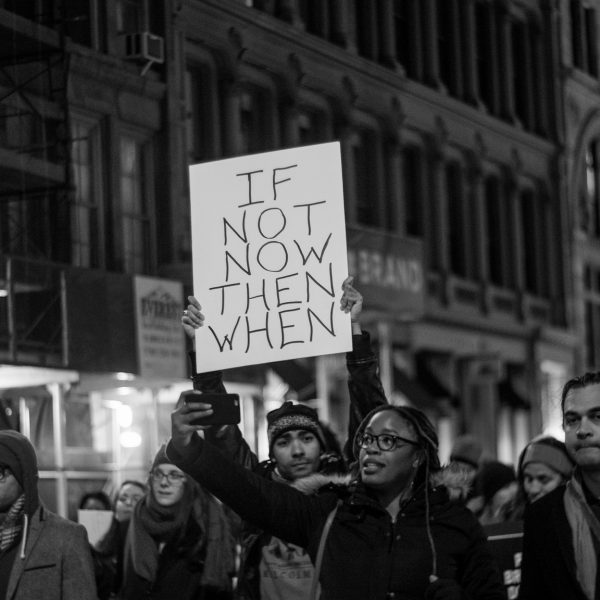
In Open Wide Our Hearts, the US Catholic bishops successfully describe how racism has historically been at the heart of American life, but the pastoral letter emphasizes personal conversion at the expense of structural transformation.

Vincent Lloyd on James Cone, Ilsup Ahn on Labor, Immigration and Forgiveness, Silas Morgan on Ideology and liberation, and so much more.
